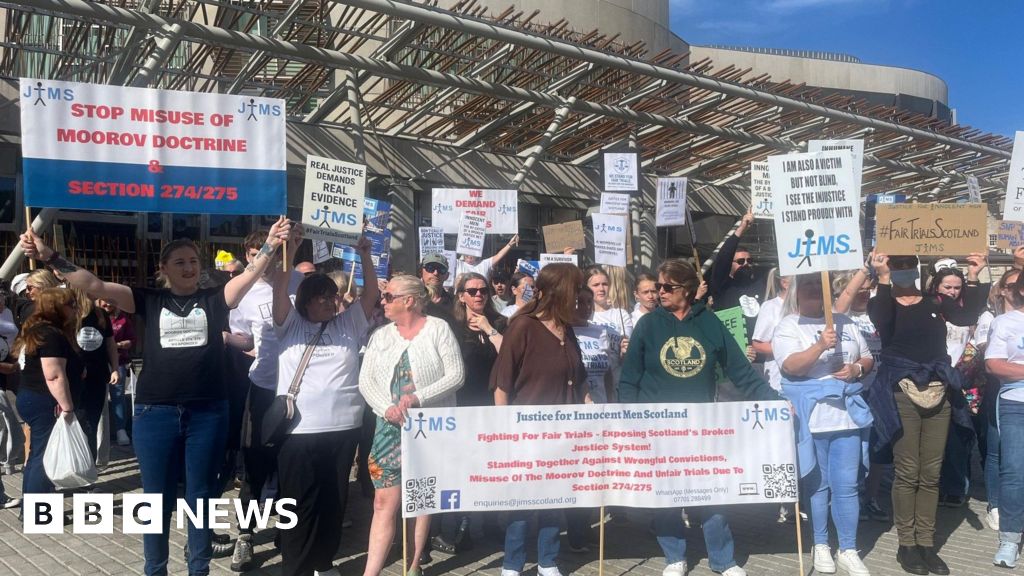By David Cowan
Copyright bbc

Recent years have witnessed important changes to Scots law in response to long-standing concerns over the low conviction rate in rape and sexual offence cases.
Scotland’s top law officer, Lord Advocate Dorothy Bain KC, has secured rulings which should result in more cases reaching court.
The direction of travel has not been without controversy, as shown last year when the UK Supreme Court considered two appeals by men convicted of sexual offences who claimed their human rights had been breached at their trials.
Both cases centred on sections 274 and 275 of the Criminal Procedure (Scotland) Act 1995.
Section 275 prevents the defence from using evidence which is designed to question a complainer’s character or sexual history, unless an exception is granted under Section 275.
The Law Society of Scotland and the Faculty of Advocates told the Supreme Court: “The balance at the moment has not been struck fairly for the accused who is out at a distinct disadvantage in a trial when accused of a sexual offence.”
They said measures to improve the experiences of complainers in sexual offence cases could not come at the price of “systematic unfairness” to the accused.
Rape Crisis Scotland said recent appeal court judgements have shown that the courts are taking “a tighter and more restrictive approach” to allowing such evidence in sexual offence trials.
It said the protections offered by Section 274 “really matter” for complainers who fear their sexual history or other aspects of their past being brought up in court.
The Supreme Court has rejected one of the appeals but has still to publish its judgement on the second.



